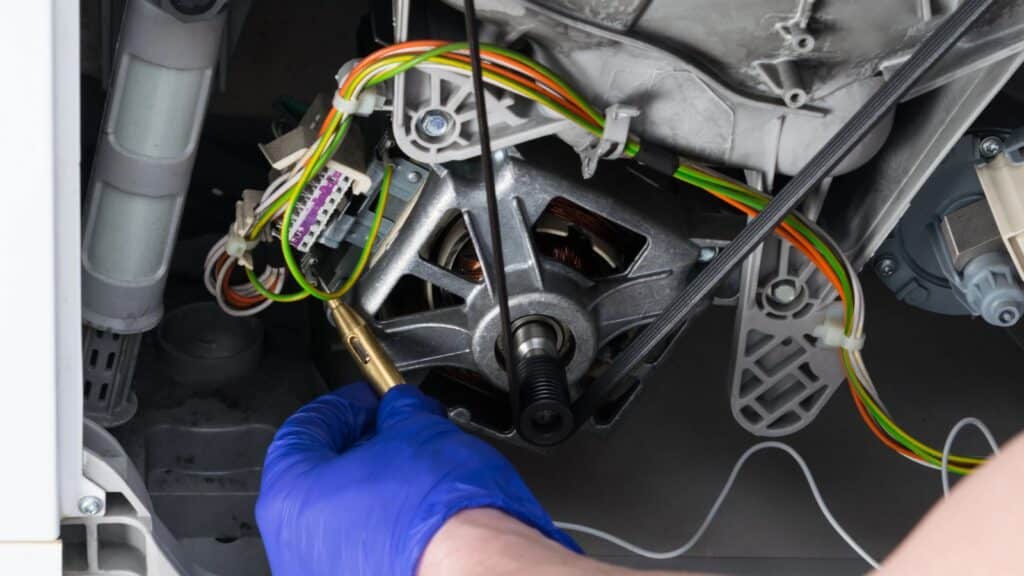Living frugally isn’t about sacrifice. It’s about making intentional choices that stretch your money further without lowering your quality of life. Even as costs rise and times change, some old-school money habits still deliver results. Here are ten frugal living tips that are still working in today’s economy.
Meal Planning

Planning meals for the week helps cut food waste and grocery bills. Writing a list, sticking to it, and using ingredients across multiple meals keeps spending under control. It also reduces last-minute takeout orders, which can cost far more than home cooking.
💸 Take Back Control of Your Finances in 2025 💸
Get Instant Access to our free mini course
5 DAYS TO A BETTER BUDGET
Buying Secondhand

Thrift stores, online marketplaces, and consignment shops are still full of deals. Furniture, clothes, and household items often cost a fraction of retail prices. Buying secondhand keeps money in your pocket and helps reduce waste.
Cooking at Home

Dining out may be convenient, but it eats up a large part of any budget. Cooking at home saves money and often leads to healthier meals. Even making small swaps, like preparing lunches instead of eating out daily, adds up quickly.
Using Public Transportation

Owning a car comes with insurance, gas, and maintenance costs. Public transportation, biking, or carpooling can save hundreds each month. Even if you can’t give up a car completely, using alternatives a few times a week makes a big difference.
Cutting Subscriptions

Streaming services, apps, and memberships easily pile up. Canceling what you don’t use and keeping only essentials can save a surprising amount. Reviewing monthly statements helps spot charges you may have forgotten about.
DIY Repairs and Maintenance

Handling small repairs yourself saves both time and money. Simple tasks like fixing leaky faucets, changing air filters, or painting a room don’t require professionals. Learning basic skills builds confidence and helps you avoid high service charges.
Growing Your Own Food

Even a small garden with herbs, tomatoes, or lettuce can lower grocery costs. Gardening also provides fresh, healthier options right at home. Many people are turning back to this old-fashioned habit to ease the pressure of rising food prices.
Buying in Bulk

Purchasing non-perishable goods like rice, beans, and paper products in bulk lowers the cost per unit. It requires some planning and storage space, but the long-term savings are worth it. Bulk buying works best for items you use regularly.
Energy Conservation

Turning off lights, unplugging electronics, and sealing drafty windows keeps energy bills lower. Small adjustments, like lowering the thermostat a few degrees, add up over time. These habits not only save money but also extend the life of appliances and systems.
Delaying Big Purchases

Waiting before buying major items gives you time to research, compare prices, and decide if it’s necessary. Delaying also lets you save up instead of relying on credit. This habit helps avoid impulse spending and keeps debt in check.
These Habits Still Work

Frugal living isn’t about depriving yourself. It’s about being intentional with how you spend. These timeless habits still save money today and give people more control over their finances. By focusing on practical choices, you can stretch your budget without feeling like you’re missing out.
I’m Frugal, But I’m Happy To Spend Money on These 15 Things

When living a frugal lifestyle, spending money wisely is key. It’s easy to assume frugality means avoiding all unnecessary expenses, but that’s not the case. Instead, frugal people are willing to spend money on the things that matter most to them. Here are 15 things I’m happy to spend more money on because they are important to me and align with my values. I’m Frugal, But I’m Happy To Spend Money on These 15 Things



